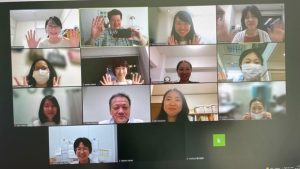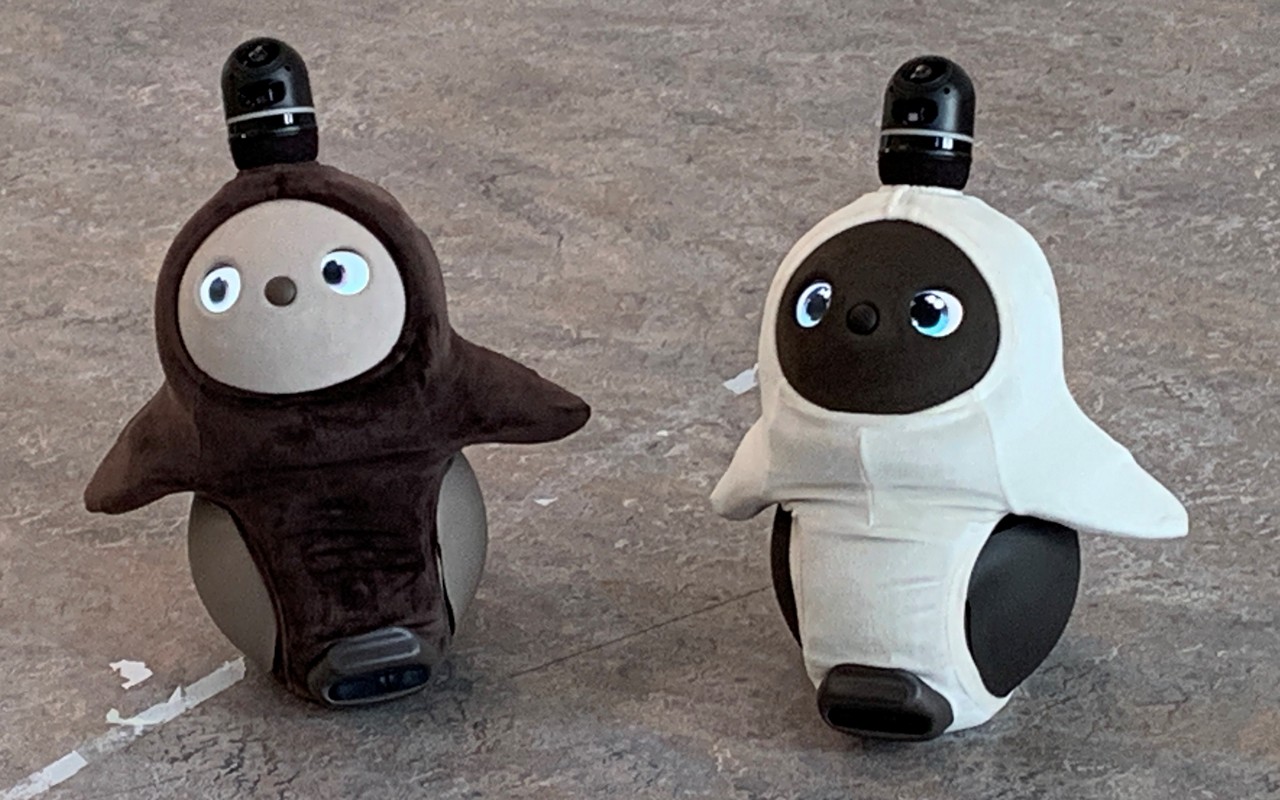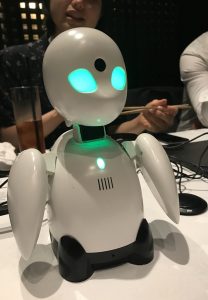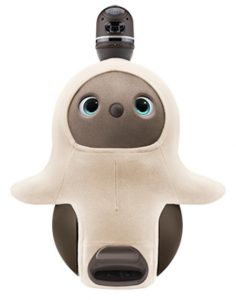
Aims of conference
- To present and share experiences on research on implementation of the newest digital health technologies and services in the healthcare sector during the COVID-19 pandemic
- To identify, communicate and compare lessons learned on digital health beyond COVID-19
- To identify knowledge gaps and challenges for further research within digital health beyond the pandemic
- To identify potential opportunities for exchange of knowledge and research collaboration in the field of digital health
- To provide younger researchers within digital health the opportunity to present their work to a broad range of international scholars and colleagues
Follow this link for further information on program, invitation & call for abstract and posters, grants for younger researchers and more…






